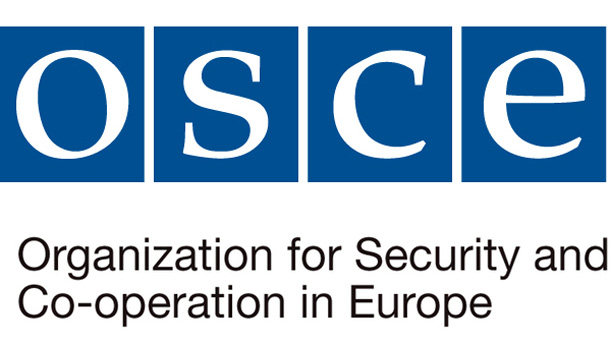Organization for Security and Co-operation’s Office for Democratic Institutions and Human Rights operation (OSCE/ODIHR), on December 13, published an interim report of the parliamentary election observation mission in Uzbekistan, covering the period from November 25 to December 10.
The interim report of the OSCE/ODIHR mission is significantly different from previous reports in its entire history of election observation in Uzbekistan since 1999. In it, in particular, significant progress is recognized in the field of improving the election legislation and practice, the efforts of the government of the country to modernize the system of public and public administration are noted.
The report emphasizes that the upcoming elections are the first since the election of Shavkat Mirziyoyev as President of Uzbekistan in 2016 and that they are held under the slogan ‘New Uzbekistan – new elections’, as an important milestone in the implementation of the National Development Strategy.
The report notes of such key areas of reforms in the country as strengthening the role of parliament and political parties in democratic transformations, reforming the public administration system, measures to ensure the rule of law, independence of the courts, protection of human rights and freedoms.
The OSCE/ODIHR Mission in its report emphasizes that the upcoming elections will be held within the framework of a significantly updated legal framework. The report positively noted of the innovations in the electoral law that meet the previously presented recommendations of the OSCE/ODIHR, in particular:
– Introduction for the first time of the Unified Electronic Voter List, excluding multiple voting;
– Abolition of the institute of quotas for deputy seats in the Legislative Chamber for the Ecological Movement;
– Providing voters with the right to subscribe in support of the participation of more than one political party in the elections;
– establishing the maximum deviation in the number of voters in constituencies at 10 percent;
– Granting the right to vote in elections to persons serving sentences for less serious crimes that do not constitute a public danger.
According to OSCE/ODIHR, the work of the Central Election Commission (CEC) presented in a positive way. It is noted that the number of CEC members has increased from 16 to 21, and the number of women has been increased from 3 to 7. The OSCE / ODIHR Mission stated that the CEC respects the order and timing of the elections. Attention is drawn to the fact that the CEC website contains a wide range of regularly updated information.
The CEC provides information on large-scale work on increasing voter awareness, training members of election commissions, introducing “Saylov-2019” (Election-2019) mobile application for the first time and creating conditions for people with disabilities. It is also widely using the means of IT in its work.
For the first time since 1999, the ODIHR report has not sharply criticized the nature of election campaigning, which in previous years was regarded as ‘faded’ and ‘barely noticeable’, which does not represent a genuine choice for voters.
The ODIHR recognized that the International Press Center is organizing debates for the first time between representatives of five political parties, which are broadcast live. It is noted that the most visible form of election campaigning is the use of social networks, in particular ‘Facebook’ and ‘Telegram’. It emphasizes the activity of independent bloggers, who are considered as the most important source of independent comments.
In addition, the OSCE/ODIHR report contains information on granting citizens, for the first time, the right to observe elections, strengthening the role of parliament by empowering the lower house to approve ministers, creating favorable conditions for NGOs, increasing the percentage of women among candidates for deputies to 41 percent and representatives of other nationalities up to 8.4 percent.
At the same time, the report of the OSCE/ODIHR Mission contains recommendations on the importance of continuing to ensure the fundamental rights and freedoms of assembly, association and expression.
It also noted of the need to expand the electoral rights of citizens by introducing the institution of nomination of independent candidates for deputies.
The report says that it could be advisable for political parties to strengthen election campaigning, including in the public domain, by placing posters about parties and their candidates, as well as using the Internet to ensure the scale of the election campaign.
The OSCE/ODIHR mission arrived in Uzbekistan at the invitation of the Central Election Commission of Uzbekistan. The upcoming parliamentary elections are the eighth with the participation of the OSCE/ODIHR mission. Prior to this, the mission participated in observing the parliamentary elections in 1999, 2004, 2009, 2014 and the Presidential elections in 2007, 2015 and 2016.
During the Presidential elections in 2016, the OSCE/ODIHR was for the first time represented by a full-fledged mission. At the invitation of the CEC of Uzbekistan, the OSCE/ODIHR full-scale mission is also participating for the first time in observing parliamentary elections this year.
